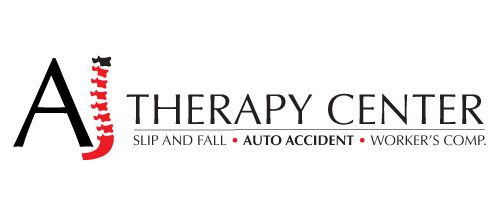Beyond Whiplash: How an Auto Accident Injury can Impact Your Entire Well-Being
Have you been in a car accident?
If so, you probably know that colliding with another vehicle can cause some significant aches and pains. When asked about an auto accident injury, most people immediately think of whiplash.
But did you know there are many ways a car accident can affect your long-term health? Some symptoms might not even appear until long after the impact.
Read on to learn more.
Whiplash
Perhaps the most common delayed auto accident injury, whiplash consists of a straining or spraining of the neck muscles.
Whiplash impacts the soft tissues of the neck, over-extending them as the head and neck are whipped back and forth as the result of a collision. Often, this injury occurs during rear-end collisions.
The symptoms of whiplash may take 24-48 hours to materialize. Many whiplash sufferers feel little to no pain immediately after the accident, provided they incurred no other injuries.
As time passes, though, people with whiplash injuries will begin to feel neck and back pain, muscle tension, headaches, and fatigue.
Concussion
Sometimes, whiplash injuries and concussions can stem from the same accident. Some of their symptoms overlap, so if you suspect you might have whiplash, you should also be checked for a concussion.
Concussions are commonly associated with banging your head against a blunt object. Yet, they can also come from car accidents, even if your head doesn’t hit anything.
When you suffer a concussion, your brain crashes into the interior of your skull. This causes a traumatic brain injury.
Concussion symptoms show up at about the same time whiplash symptoms do. They include headaches, migraines, nausea, sensitivity to light, memory loss, and sleep pattern changes.
If left untreated, concussions can grow worse down the road, so it’s important to get them checked out right away.
Internal Organ Damage
Car accidents can cause internal organ damage.
Even if you walk away feeling fine, if you develop fainting, dizziness, deep bruising, or abdominal pain, you should see a doctor as soon as possible.
Injuries to Bones and Soft Tissue
In addition, car accidents commonly cause harm to your body’s musculature and soft tissue.
You can suffer contusions or muscle bruises. You can also strain or sprain parts of your body.
Post-Traumatic Stress Disorder
Accidents are traumatic, and your brain has the capability of registering it as such.
Because of this, you can suffer from post-traumatic stress disorder (PTSD). Symptoms of PTSD include severe anxiety, flashbacks to the event, hopelessness, and negative thinking.
Taking Care of Yourself After an Auto Accident Injury
If you’ve been injured in an auto accident, it’s important that you get in to see your doctor as soon as possible.
Even if you aren’t experiencing symptoms, having a professional evaluate you will give you peace of mind. It will also give them the chance to find anything that hasn’t presented symptoms yet.
Need Help?
If you’ve suffered an auto accident injury, you’re probably wanting treatment.

